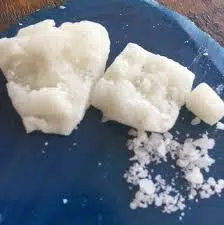
While there’s only limited research associated with hallucinogens, there’s some support suggesting that people who have a first-degree relative who used hallucinogens is at higher risk for abusing hallucinogens. Some people have chemical imbalances that result in lower levels of enjoyment or increased negative mood states. When folks come into contact with a material that improves these conditions and creates pleasure it’s quite tricky to opt to come back to the prior state.
Regrettably, PCP is also an extremely addictive drug, which further raises the negative consequences associated with its use. Those who abuse PCP will develop a tolerance to the medication, and if they cease using, they may experience withdrawal symptoms. After an addiction to PCP has developed, it may be extremely challenging to conquer without effective professional assistance.
PCP may take the form of a pill, capsule or colored powder. The strong taste of PCP is masked by applying it to herbs like the leaves of peppermint, mint, parsley or tobacco. Occasionally PCP is applied to bud leaves to make a more potent effect. Lots of men and women who use PCP report feeling as though they’re observing themselves from up above.

Under ordinary circumstances the mind responds to situations which are pleasurable by releasing the dopamine, a neurotransmitter responsible for communication within the brain. PCP among other medications, interferes with the communication process, causing the nerves in the brain to flood the brain with dopamine. The increased amount and amount of dopamine flood is what causes the high associated with taking PCP.


